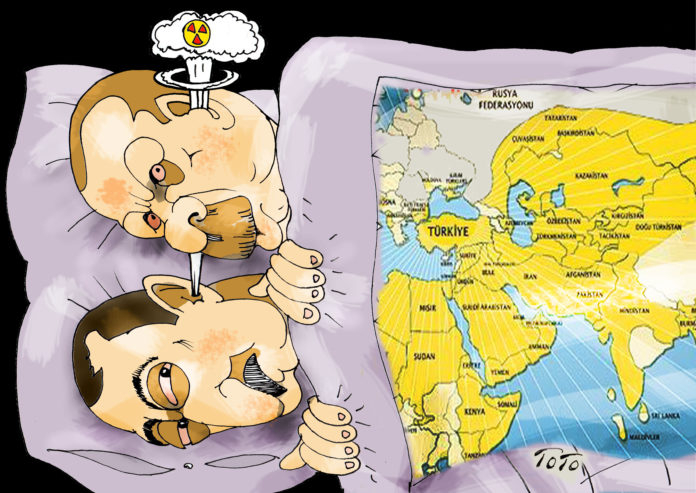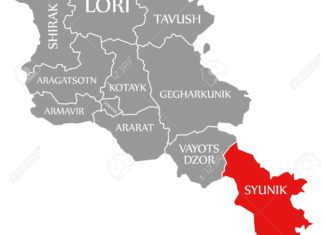A few years ago, if any Armenian was asked what relevance the Syrian province of Idlib would have with regard to any Armenian issues, a few minor topics would come to mind: its proximity to Der Zor, the Armenian Auschwitz, and scattered Armenian communities there that have been surviving since the Genocide in those rural areas. No one could possibly relate it to Karabakh.
But today, as Idlib has become the focus of global tensions, the political pairing between Idlib and Karabakh demonstrates their existential relevance to each other.
The recent short-lived Russo-Turkish honeymoon was too good to last. It was destined to come to an end and it ended earlier than anyone had anticipated. Today, the talk in political circles is about the 17th Russo-Turkish war. All the latent tensions between these two parties have come to the surface and their armies are now facing each other on the Syrian battleground. Already, 33 Turkish soldiers have been killed and another 30 have been wounded. President Recep Tayyip Erdogan of Turkey has thus far hesitating in directly blaming Russia for this bloodletting, instead is directing his ire against the forces of Syrian President Bashar al-Assad, which have come under Turkish fire, incurring hundreds of casualties. But military planners in Ankara know full well that the Assad forces could not have achieved that victory without Russian air cover.
Initially, President Erdogan called on President Vladimir Putin to stop the carnage, but his call has gone nowhere. Then, the two agreed for a summit meeting in Istanbul on March 5, only for the Kremlin Spokesman Dmitry Peskov to announce that President Putin has other appointments on March 5.
The latest word is that Erdogan would be heading to Moscow for the coveted meeting. For an arrogant Erdogan, that is humiliating.
In the meantime, the news media and political apparatus in Ankara have been in action, seeking support for Turkish adventurism in Syria.








